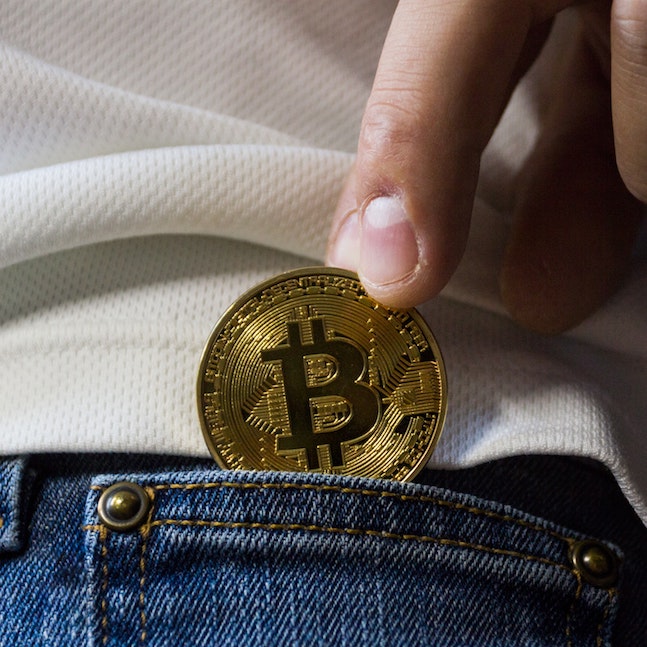All UK golf clubs must accept bitcoin by July
Related Articles
Every golf club in the UK must accept the digital currency bitcoin by the time of the Open Championship this July, according to a new ruling from golf’s governing body, The R&A.
The measure is intended to make the game more accessible and attractive, especially to the ‘big four’ – the key groups under-represented in golf participation: computer programmers, speculators, libertarians and criminals.
Clubs must accept the currency for all areas they trade in, including food and drink, green fees, memberships and military communication devices from the pro shop.
“If you haven’t already set up a bitcoin payment system, now is the time to do so,” said Linda Hall, deputy head of cryptocurrency at The R&A.

“It couldn’t be more easy – simply convert your existing eCommerce platform using Java to one that integrates an API that can be used with a bitcoin payment processing provider, and then programme an app that generates a QR code which seamlessly links to the block chain.”
To help clubs further, the organisation has launched the hashtag #TeeingUpTheCrypto – which details how several golf clubs have dealt with the transition.
One, West Mellington Golf Club in Lanarkshire, has stated that it has now abandoned sterling as bitcoin has been so successful.
“We’d urge all golf clubs to do this,” said the club’s digital encryption secretary, and PGA professional, David Hall. “Since we started accepting bitcoin we found a number of software developers joined the club using, according to them, bitcoin to pay.
“Our 12th hole is now a server farm consisting of, approximately, 14,000 computers used to mine more digital currency, and our greenkeepers’ shed has quadrupled in value, thanks to the firearms it’s now housing.
“We used to struggle to make ends meet but now profits are soaring. And, best of all, as the revenue is entirely in bitcoin, all staff now live onsite, as nowhere else accepts it.”
However, Rose Main, a senior lecturer at Sussex University, warned that the move could have some unintended consequences.
“Imagine an octogenarian member who has been paying for his rounds in sterling since the 1950s – and is now asked to pay via a cryptocurrency,” she said.
“If he hasn’t coded his bitcoin wallet properly he could find out during his round that he’s lost everything he owned – potentially contributing significantly to slow play on the course.”

























